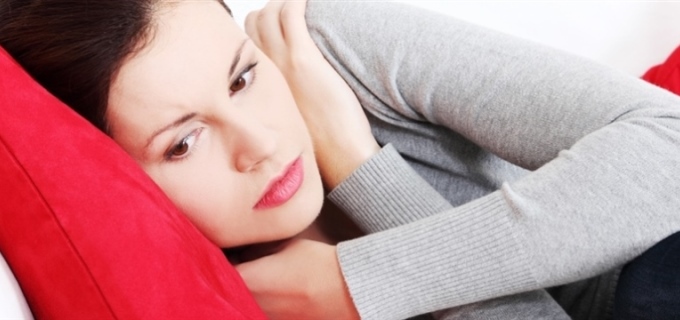Search for a doctor or hospital in your network.


Search for a doctor or hospital in your network.

Get News & Updates Directly To Your Inbox
It sounds like you have the chills and maybe even a fever. We’ve all had the chills. Still, why do we get them when our body temp spikes higher than normal?
Although the chills are an involuntary reaction to cold temperatures, they often occur with a fever. When your body is fighting an illness, it sometimes raises your temperature as it tries to kill the virus or bacteria that’s making you sick. As your temperature rises, the rest of your body tries to catch up, making you feel cold. Your muscles then contract and relax very quickly to help you warm up — which causes shivering.
Fever and chills are common symptoms of:
Treatment for a fever and chills can vary depending on what’s causing them. If your fever is mild (102ºF or less), you can try to lower it at home. Home remedies include:
The U.S. Library of Medicine, ![]() advises against bundling up in blankets if you have a high temperature. It will only make the chills worse. Similarly, a fan or AC won’t bring a fever down.
advises against bundling up in blankets if you have a high temperature. It will only make the chills worse. Similarly, a fan or AC won’t bring a fever down.
Make an appointment with your doctor if your fever:
If you have a baby younger than three months old, you should go to the doctor if they have a fever:
Your doctor will usually ask you a couple of questions and run some tests to figure out what’s causing the fever and chills. Once the cause is found, your doctor will offer advice on how to treat it.
Originally published 2/10/2016; Revised 2021, 2022, 2024
Blue Cross and Blue Shield of Illinois, a Division of Health Care Service Corporation,
a Mutual Legal Reserve Company, an Independent Licensee of the Blue Cross and Blue Shield Association
© Copyright 2026 Health Care Service Corporation. All Rights Reserved.
Verint is an operating division of Verint Americas, Inc., an independent company that provides and hosts an online community platform for blogging and access to social media for Blue Cross and Blue Shield of Illinois.
![]() File is in portable document format (PDF). To view this file, you may need to install a PDF reader program. Most PDF readers are a free download. One option is Adobe® Reader® which has a built-in screen reader. Other Adobe accessibility tools and information can be downloaded at https://www.adobe.com/trust/accessibility.html.
File is in portable document format (PDF). To view this file, you may need to install a PDF reader program. Most PDF readers are a free download. One option is Adobe® Reader® which has a built-in screen reader. Other Adobe accessibility tools and information can be downloaded at https://www.adobe.com/trust/accessibility.html. ![]()
![]() You are leaving this website/app ("site"). This new site may be offered by a vendor or an independent third party. The site may also contain non-Medicare related information. Some sites may require you to agree to their terms of use and privacy policy.
You are leaving this website/app ("site"). This new site may be offered by a vendor or an independent third party. The site may also contain non-Medicare related information. Some sites may require you to agree to their terms of use and privacy policy.
Powered by Verint